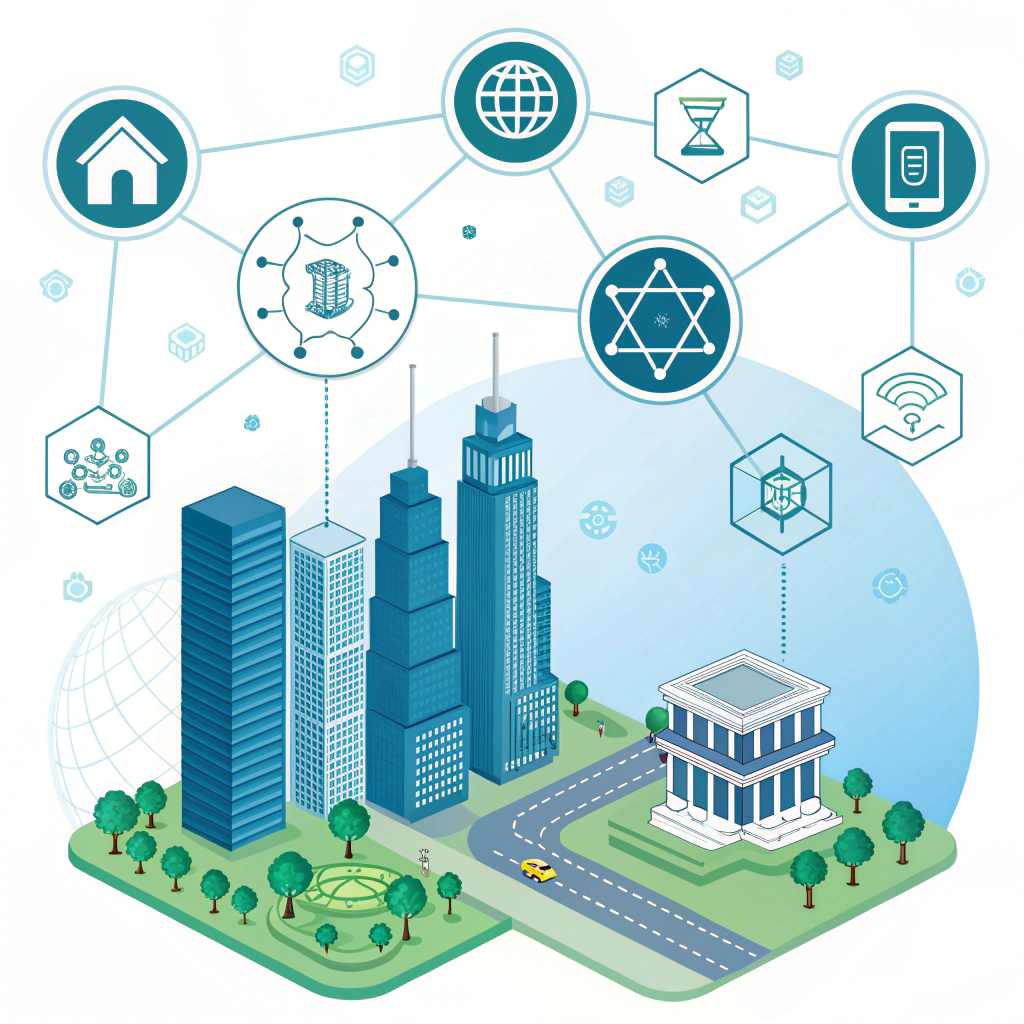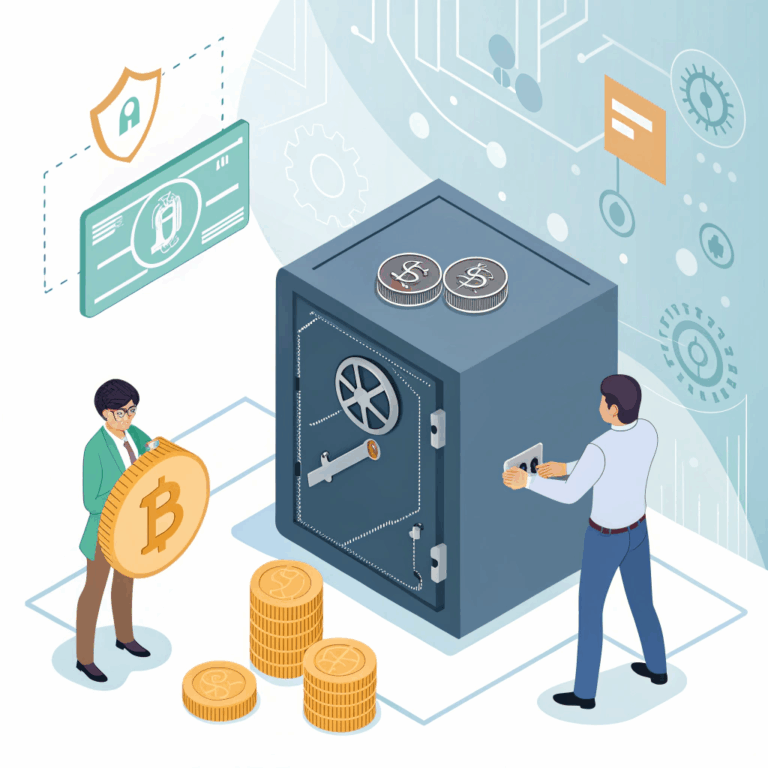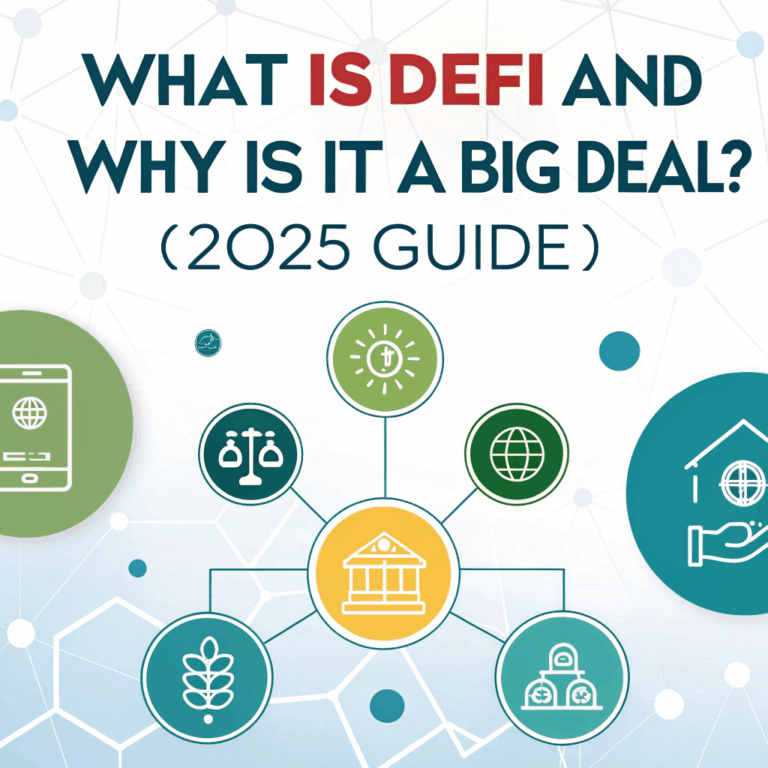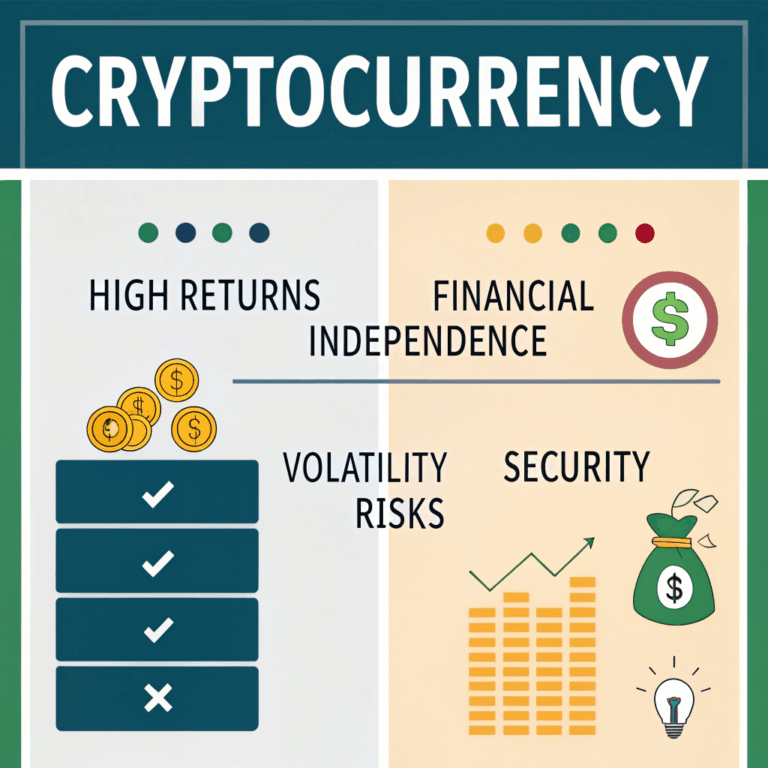What Is a DAO in Crypto? Decentralized Autonomous Organizations Explained (2025 Guide)

Introduction
You’ve probably heard the term “DAO” thrown around in the crypto space — but what exactly does it mean? In 2025, Decentralized Autonomous Organizations (DAOs) are shaping how people manage projects, money, and communities on the blockchain. Here’s everything you need to know about them.
What Does DAO Stand For?
DAO = Decentralized Autonomous Organization
It’s an organization run by code and community votes, not by CEOs or traditional managers.
What Is a DAO in Simple Terms?
A DAO is a community-led entity with no central leadership, where decisions are made via transparent, on-chain voting using governance tokens.
Think of it like a digital cooperative where:
- Rules are written in smart contracts
- Members vote on decisions
- Funds are held in a shared treasury
It’s governance by the people, not by a boardroom.
How DAOs Work
- A smart contract is deployed on a blockchain (like Ethereum)
- Members receive governance tokens
- Proposals are submitted (e.g., fund a project, hire a dev)
- Token holders vote — 1 token = 1 vote (in most cases)
- If approved, the proposal is automatically executed
No intermediaries. No gatekeepers. Just code + community.
What Makes DAOs Different from Traditional Organizations?
| Feature | Traditional Organization | DAO |
|---|---|---|
| Leadership | CEO, executives | Token holders and smart contracts |
| Transparency | Internal documents | Fully on-chain and public |
| Decision-making | Top-down | Community voting |
| Jurisdiction | Country-specific | Borderless |
| Funds management | Centralized bank account | Shared on-chain treasury |
DAO Use Cases in 2025
DAOs now run entire ecosystems, not just projects.
Common DAO types:
- Protocol DAOs – Manage DeFi protocols (e.g., Uniswap DAO)
- Grant DAOs – Fund Web3 builders (e.g., Gitcoin)
- Investment DAOs – Pool funds to invest in startups/NFTs
- Social DAOs – Build communities and events (e.g., Friends With Benefits)
- Collector DAOs – Buy NFTs as a group (e.g., PleasrDAO)
- Gaming DAOs – Govern game economies (e.g., Merit Circle)
How to Participate in a DAO
- Buy or earn governance tokens
- Join the DAO’s community (Discord, Snapshot, forums)
- Read proposals and participate in votes
- Submit your own proposals (once you meet requirements)
- Help with operations (marketing, dev, design, etc.)
DAOs reward active contributors, not just token holders.
DAO Governance Tokens Explained
Governance tokens give holders the power to:
- Vote on proposals
- Allocate treasury funds
- Change protocol parameters
- Elect community roles
Examples:
- UNI (Uniswap)
- AAVE (Aave)
- COMP (Compound)
- MKR (MakerDAO)
- ENS (Ethereum Name Service)
Some DAOs use quadratic voting to reduce whale influence.
Pros and Cons of DAOs
✅ Pros
- Transparent and open
- Global participation
- Aligned incentives (token holders care about success)
- Can operate 24/7 without CEOs
- Encourage innovation and experimentation
❌ Cons
- Slow decision-making
- Risk of whales dominating votes
- Legal grey areas in many countries
- Voter apathy (low participation)
- Complex coordination across time zones
Famous DAO Examples
- MakerDAO – Issues DAI stablecoin, governs interest rates
- Uniswap DAO – Controls Uniswap protocol upgrades
- Gitcoin DAO – Grants funding to public goods and developers
- ENS DAO – Manages .eth domain protocol
- PleasrDAO – Collective that buys iconic digital art
DAOs now control billions of dollars in treasuries.
Challenges Facing DAOs
- Legal uncertainty (many aren’t legally recognized)
- Governance fatigue (too many votes, not enough voters)
- Security (vulnerable smart contracts)
- Off-chain coordination still needed (devs, legal, ops)
Solutions in 2025 include:
- DAO tooling platforms like Aragon, Snapshot, Tally
- Delegated voting
- Legal wrappers (e.g., Wyoming DAO LLCs)
FAQ
Do DAOs have leaders?
Not in the traditional sense. Some members act as coordinators, but no one has unilateral power.
Can anyone join a DAO?
Usually yes — as long as you hold the governance token.
Is it profitable to be in a DAO?
Potentially — some DAOs pay contributors or reward voters.
Can DAOs replace companies?
In some industries, yes. Especially in DeFi, art, and open-source development.
Conclusion
DAOs are one of the most powerful innovations in the crypto space — reshaping how we organize, govern, and collaborate online. In 2025, DAOs are not just experiments; they’re running billion-dollar protocols, funding public goods, and redefining digital communities. The future is decentralized — and DAOs are leading the way.





